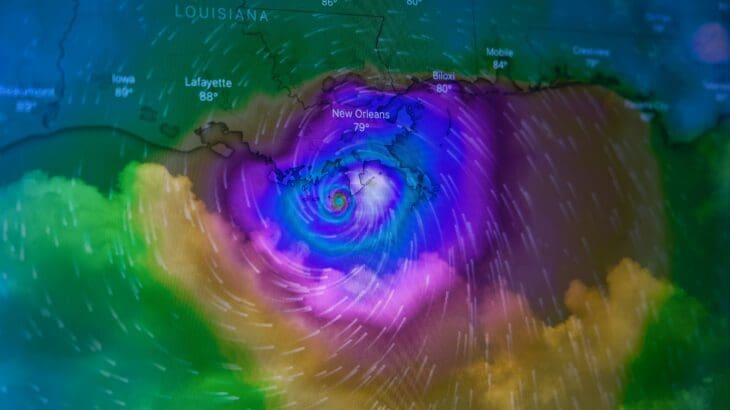By Therese Turner Jones and Roberto G. Aiello
While the Caribbean’s Greenhouse Gas (GHG) emissions are low compared to the global aggregate, the region is highly vulnerable to the impacts of climate change, manifest in rising sea levels, warmer temperatures and increased intensity of hurricanes. The last three years have also seen a record rise in temperatures, increased environmental degradation and erratic intense storm patterns. The Caribbean’s cost of inaction to climate change is projected to total $22 billion annually by 2050 and more than double — $46 billion — by 2100. Furthermore, the spread of COVID-19 has caused economic and social disruption that has exacerbated the development gaps and inherent risks to long-term sustainable development. For most Caribbean countries, the pandemic caused the largest contraction of GDP on record.
It is time for urgent action to reset, rethink and invest in the structural changes required to build forward climate-resilient economies and close the emissions gap in the Caribbean. Investing in the energy transition is not a choice but a priority. The Caribbean has huge untapped potential for the significant rollout of sustainable energy technologies. Caribbean leaders are committed to the energy transition evidenced by their ambitious targets, but progress has been slow.
The Inter-American Development Bank Group (IDB) stands by as a partner strongly committed to helping address the challenges. For the Caribbean to transform its aspirational targets into action beyond COP26, multilateral development partners, like the IDB, can assist by unlocking technical and financial resources.
Consequently, the Bank has launched its Build Forward Initiative as a critical component of its IDB Vision 2025, [1] demonstrating our support to the region’s efforts. ‘Build Forward’ can be instrumental for accelerating the energy transition. Its main components are:
- Smart and Resilient Investment Scans and Prospectus for a comprehensive review of a country’s investment needs to develop a strategic vision and a list of bankable projects.
- Advisory Services on Structuring to provide country-specific solutions for investment initiatives and a Green Innovations Portal for investors, strategic thinkers, and new technology providers.
- Multi-Donor Facility to provide targeted concessional financing for resilient infrastructure projects, maintaining transparency in all operations and opportunities.
Long-term integrated planning is key to guiding investments in the energy sector that are aligned with country-specific policy objectives and global targets, considering resilience and mitigation. In addition, transforming institutional and regulatory frameworks to allow and accelerate private investment in clean energy infrastructure is key. This requires enhancing local institutional capacities and governance, adapting models to local conditions, strengthening information management systems, and broadening coordination and collaboration. Many Caribbean countries have initiated such work, but plenty remains to complete and keep plans up to date, thereby allowing the sector to improve flexibility and adapt more seamlessly.
Long-term integrated planning is key to guiding investments in the energy sector that are aligned with country-specific policy objectives and global targets, considering resilience and mitigation.
If there is no substantial change in the region’s electricity mix, the investment needed to cope with the expected electricity demand by 2030 is estimated to be more than US$225 million. To transform the matrix, the investment would be much higher. The transport sector is also a major source of fossil fuel consumption in the region. Scenarios for fuel switching need to be assessed to understand opportunities and constraints for moving away from fossil fuels in transportation (e.g. land and maritime). Declining costs of renewables technologies and batteries create the opportunity to develop electric mobility programs. On maritime transport, IRENA’s recent report shows that with the right plans and sufficient support, the decarbonization of the international shipping sector is viable. It is worth noting that energy efficiency is very relevant for the Caribbean and circular economy opportunities exist in multiple sectors, such as waste-to-energy among others.
For all that, a joint effort between public and private sectors is critical and, for that purpose, facilitatory policy and regulatory frameworks need to be developed or strengthened. Regional collaboration is essential for knowledge sharing of best practices, allowing stakeholders to rethink solutions that can lead to a successful energy transition.
As the Caribbean’s leading development partner, the IDB is very excited to support the region as it builds forward. Clean and sustainable energy is an essential aspect of a resilient Caribbean. And we will continue to collaborate with the region as it accelerates this transition.


